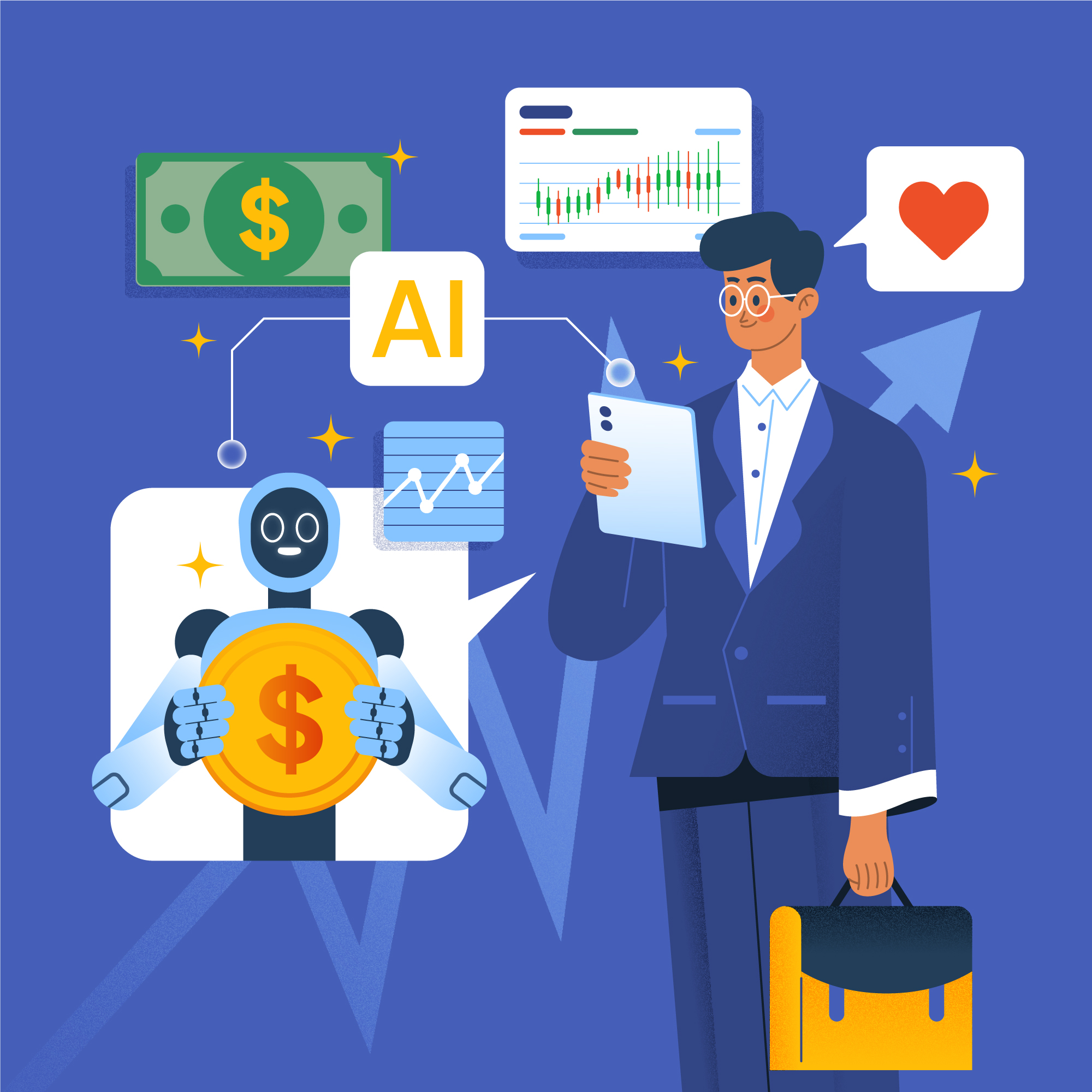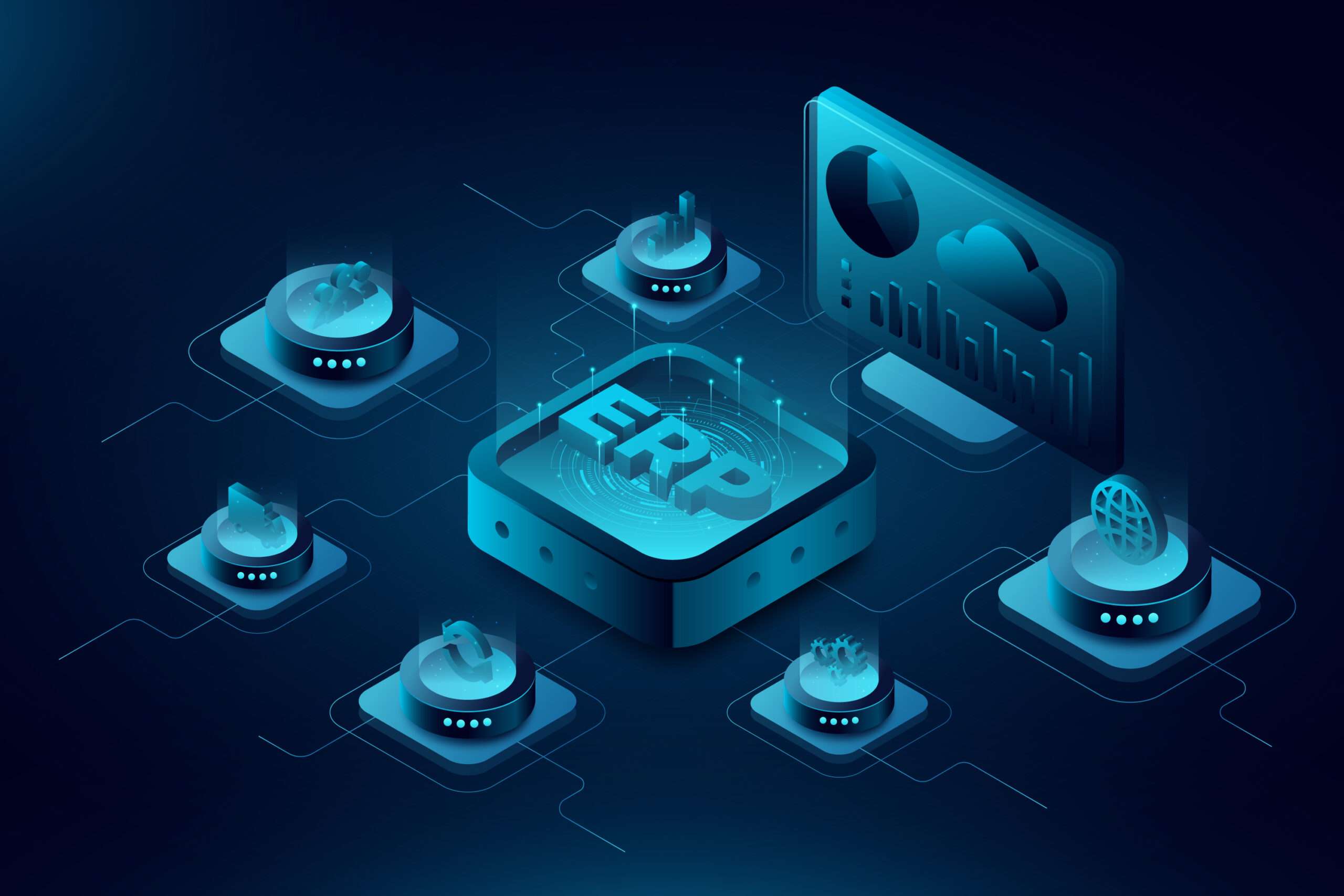Artificial Intelligence (AI) is revolutionizing the education sector, transforming the way students learn, teachers teach, and schools operate. With the rise of personalized learning, intelligent tutoring systems, and administrative efficiencies, AI is reshaping the future of education in ways we couldn’t have imagined before.
Personalized Learning
Personalized learning is one of the key areas where AI is making a significant impact. By utilizing data analytics and machine learning algorithms, AI can analyze a student’s learning style, strengths, weaknesses, and preferences to create personalized lesson plans and learning experiences. This not only allows students to learn at their own pace but also helps teachers tailor their teaching methods to suit each student’s individual needs. This personalized approach helps improve student engagement, motivation, and ultimately, academic performance.
Intelligent Tutoring Systems
Intelligent tutoring systems powered by AI are another game-changer in education. These systems provide students with customized feedback and support, helping them master difficult concepts and improve their problem-solving skills. By simulating one-on-one interactions with a human tutor, AI tutoring systems can provide immediate feedback, adapt to students’ learning progress, and offer personalized recommendations for improvement. This personalized support can lead to better academic outcomes and increased self-confidence among students.
Streamlining Administrative Tasks
AI is also streamlining administrative tasks within educational institutions, saving time and resources for both teachers and administrators. From automating routine administrative tasks such as grading and scheduling to enhancing communication between teachers, students, and parents, AI is making school operations more efficient and effective. By freeing up time for educators to focus on teaching and student engagement, AI is helping to create a more productive and innovative learning environment.
Addressing Potential Drawbacks
While the benefits of AI in education are clear, there are also potential drawbacks that need to be considered. One concern is the risk of over-reliance on AI technology, which could lead to a reduction in human interaction and personalization in the learning process. Additionally, there are concerns about data privacy and security, as AI systems collect and analyse vast amounts of student data. It is crucial for educational institutions to implement strict protocols and safeguards to protect student information and ensure the ethical use of AI technology.
Conclusion
In conclusion, AI is transforming education by enabling personalized learning, intelligent tutoring systems, and administrative efficiencies. While the benefits of AI in education are vast, it is important to carefully consider and address the potential drawbacks to ensure that AI technology is used responsibly and effectively in the classroom. As AI continues to evolve, it will be exciting to see how it shapes the future of education and prepares students for success in the digital age.







